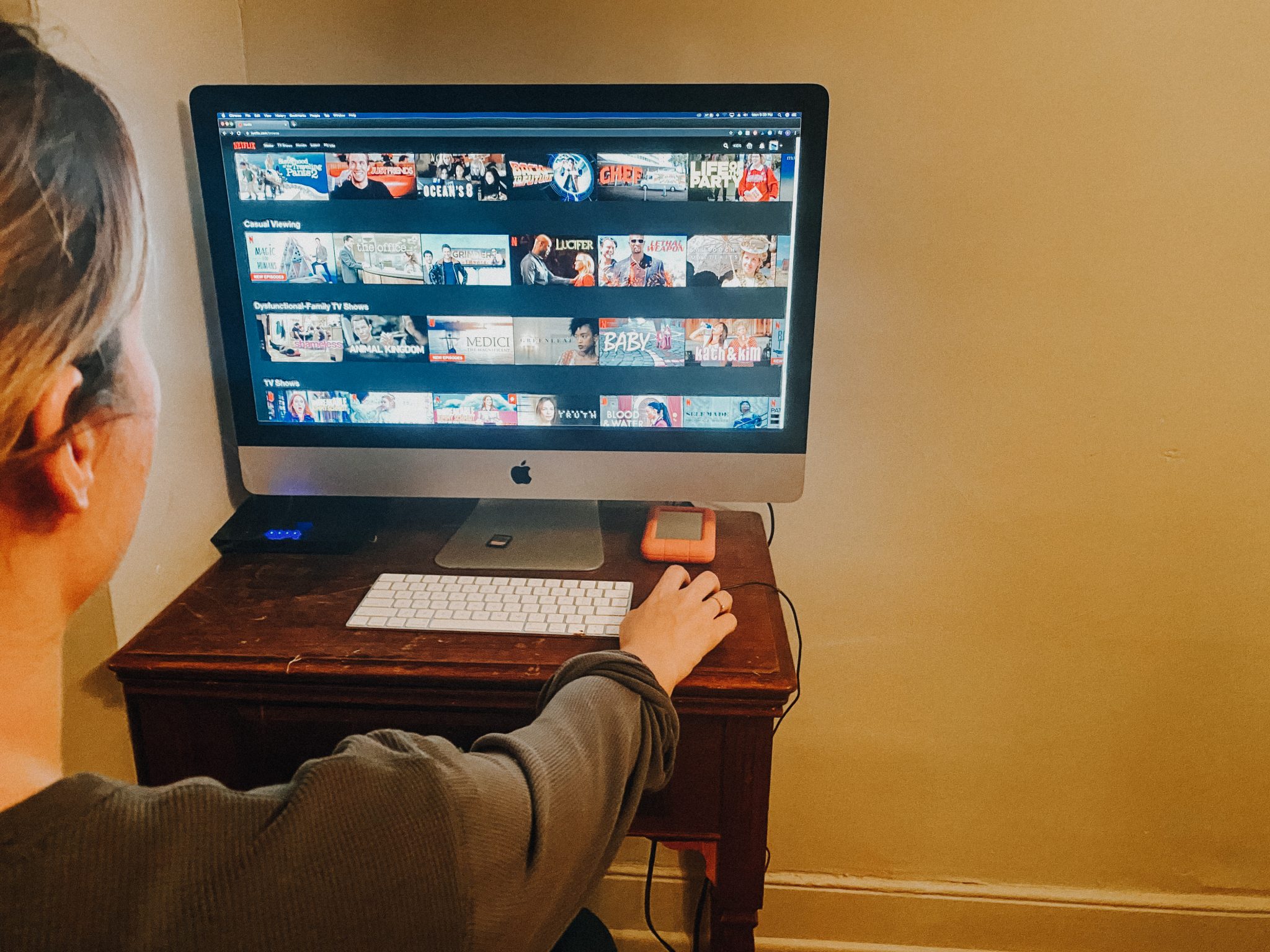“Never Have I Ever” gives a new perspective on adolescence

High school is a very peculiar point in a young person’s life and no two people go through it quite the same way.
Netflix’s new series Never Have I Ever gives light to an adolescent perspective that is rarely seen in mainstream TV, creating long-awaited and much-needed representation for South Asian teens.
Co-created by Mindy Kaling (The Office and The Mindy Project) and her collaborator Lang Fisher, the coming-of-age rom-com follows 15-year-old Devi Vishwakumar, a breakout role for Mississauga actress Maitreyi Ramakrishnan, a Southern Californian child of Indian immigrant parents who has her own unique perspective to share.
The series begins by outlining Devi’s traumatic freshman year where her father unexpectedly passes away, psychosomatically causing her to briefly lose the use of her legs, and on top of it all, she’s an unpopular nerd at school.
Now, Devi’s main goal is to put her trauma behind her and improve her social status in her sophomore year.
Over the course of 10 half-hour episodes, Devi must deal with typical high school TV drama as she tries to get the hottest guy in school to like her, gets into trouble at parties and fights off academic rivals.
But she also has to go through her own unique problems as she struggles with her Indian identity, strains her relationships with her mother and best friends and suppresses the grieving of her father.
Never Have I Ever uses Devi’s relationship with grief in a way that holds surprising emotional weight for a comedy series. As the series progresses, her personal growth is measured by her willingness to grieve which invites the audience to hold onto a heartfelt hope for Devi’s healing.
However, the show keeps itself from feeling too dark by emphasizing Kaling’s ever-recognizable hyperbolic and honest humour.
Her pop culture references are completely on the mark as always as we see Devi and her friends film a TikTok video in the hopes of getting her crush to notice her.
Devi’s friends also shine as so much more than the background supporting role that friends often play in teen comedies.
Each of her friends have their own problems as they navigate complicated family relationships, discover their sexualities and grapple with loneliness.
And Devi isn’t a protagonist who is granted complete freedom to take her faults out on her friends. She has a quick temper and focuses too much on her own problems.
But thankfully, her two best friends Eleanor (Ramona Young) and Fabiola(Lee Rodriguez,) aren’t afraid to let Devi know when she’s let them down in order to teach her and the audience a lesson in friendship.
Even the parents in the series are given their own personal dilemmas, especially Devi’s mother, who must grieve for her husband while struggling to raise her stubborn daughter without him.
If there’s anything we should learn from looking back on high school, it’s that everyone has something completely different going on in their life.
And that’s why, while many people of Indian and South Asian origin are seeing themselves in Devi’s story, many also are not.
So hopefully, if a story like Devi’s can be told, it will create opportunities for even more underrepresented perspectives to be shared in the very near future.


